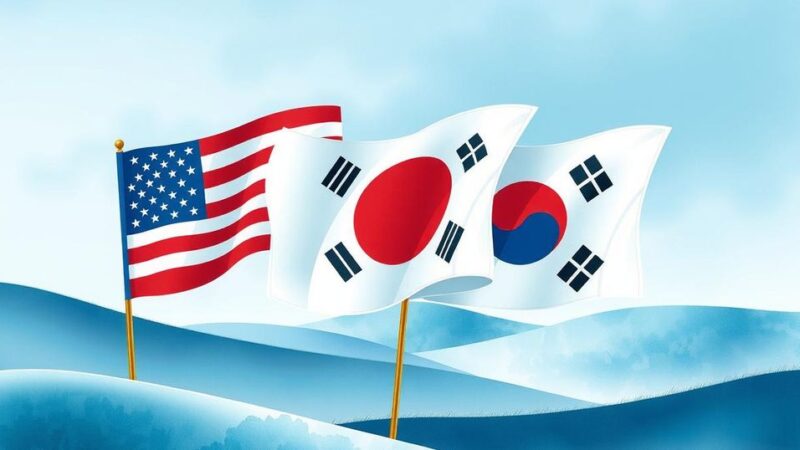This article examines the ineffectiveness of South Sudan opposition groups, focusing on their lack of unity, vision, and connection with the populace. It emphasizes the need for strong leadership and external support in fostering political parties to create a viable alternative to the ruling regime, while highlighting historical lessons from other nations’ democratic transitions.
In autocratic regimes, internal revolts or united opposition can lead to collapse. However, in South Sudan, internal rebellion is unlikely due to tight family ties and an insular leadership. The government’s control is further reinforced by a lack of political literacy and strong institutions, making a popular uprising dependent on more than just state failures or violence. A unified opposition capable of mobilizing the populace is critical but remains largely absent.
Opposition groups in South Sudan have largely failed to present a cohesive national vision or mobilize citizens, remaining fragmented instead. Many of these groups prioritize personal ambitions and have been co-opted by the ruling elite, rendering them ineffective. Their lack of a unified agenda undermines their credibility and sustains the regime’s dominance.
The leadership under President Kiir employs tactics of coercion and corruption to maintain power, while some opposition factions appear to be extensions of the regime. These factions struggle with personal ambitions, fail to unite, and lack a constructive plan to address the underlying causes of conflict, undermining their potential effectiveness.
Many opposition groups are transient and often collapse under pressure, focusing more on immediate political bargaining than substantial nation-building. Their discussions often center around personal grievances rather than proposing strategic solutions, reflecting the same flaws found in the government.
Rivalries from past liberation struggles continue to hinder the opposition’s effectiveness, promoting power struggles and prioritizing personal gain. This disconnect from the communities they purport to represent, coupled with reliance on militarization, diminishes their credibility within both domestic and international contexts.
Furthermore, opposition groups have demonstrated a propensity for making deals that result in further fragmentation, often replicating the very practices that characterize the regime. They have not illustrated the capability to foster institutions that support peaceful governance, nor have they offered a coherent strategy for sustainable peace and national unity.
Despite their challenges, South Sudan’s opposition still possesses the potential to unify and present a cohesive front. By transcending local grievances and personal ambitions, they can advocate for a shared vision of stability, dignity, and prosperity, thereby fostering a sense of national identity.
To forge a strong opposition, there is a need for leadership that is both visionary and nationalistic, focusing on grassroots connections and cross-ethnic alliances. Such leaders must prioritize a unifying cause while resisting external interference, ultimately positioning South Sudan for a more hopeful future.
The persistence of division within opposition groups allows the authoritarian regime in Juba to thrive. It poses the critical question: will these factions unite for the common good, or will they continue to prioritize individual aspirations, sidelining the plight of the populace?
History exhibits that successful opposition movements that overcame their divisions transitioned from armed struggle to effective political entities, fostering democratic norms. The roles of international support in such transitions cannot be understated, signaling the need for substantial investment in political party development for South Sudan.
Numerous examples across the globe, from Mozambique to Sierra Leone, highlight the importance of establishing political parties to ensure long-term democratic stability. International community engagement in developing political movements has proven essential for embedding a culture of peaceful political competition.
Despite South Sudan’s long history of political parties, systematic interruptions under Sudanese rule led to the neglect of political development, leaving a fragile foundation for democracy. Compared to other African liberation movements, South Sudan has received inadequate support for political organization, resulting in a legacy marked by factionalism.
To facilitate a successful transition, bolstering political parties and civic movements, such as the People’s Coalition for Civil Action, is essential. Investing in these entities offers viable alternatives for fostering democratic competition in South Sudan, a stark contrast to largely service-oriented international support.
A strategic investment in political party development and civil movements is vital to circumvent the continued dominance of military elites and empower ordinary citizens politically, laying the groundwork for a peaceful and democratic transition.
In summary, South Sudan’s opposition groups face significant challenges, including fragmentation, personal ambition, and co-optation by the ruling elite. Despite these obstacles, there remains an opportunity for these groups to unite around a shared vision for stability and progress. External support in developing strong political parties and civic movements is imperative for fostering a sustainable democratic landscape, enabling the emergence of a truly representative political alternative to the current regime.
Original Source: www.radiotamazuj.org






